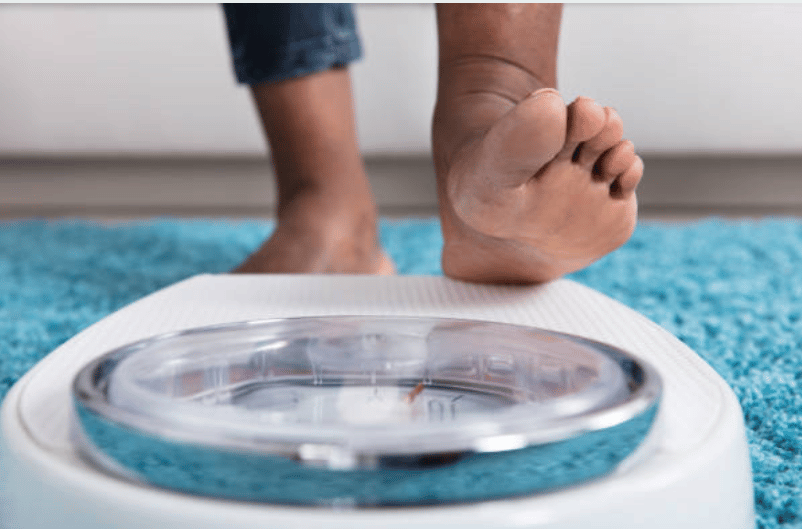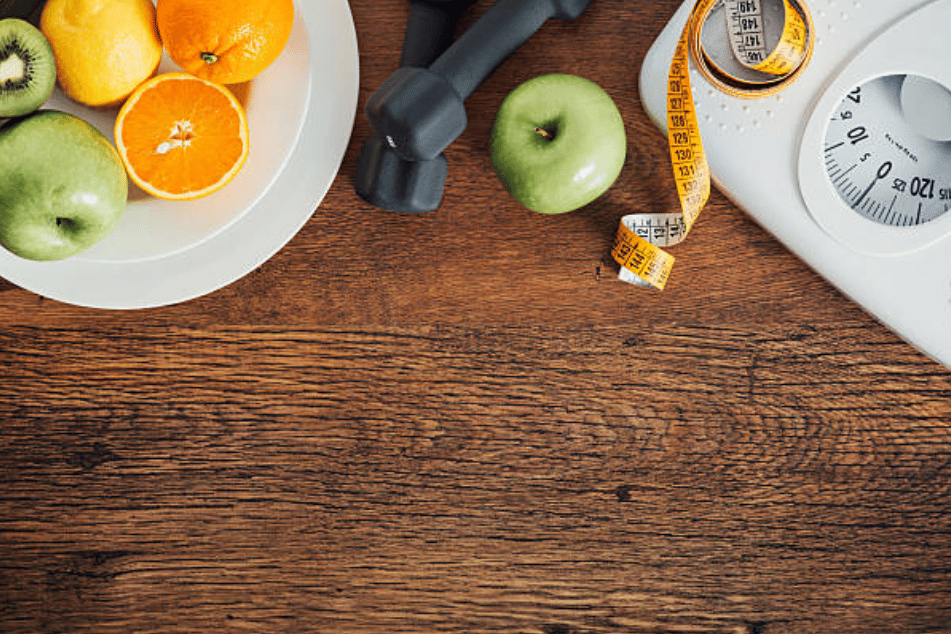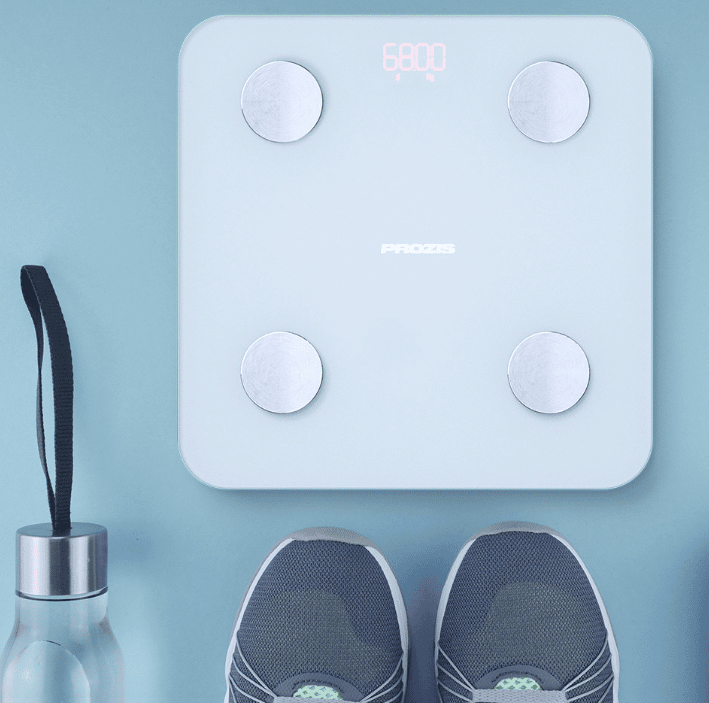Whether it is for women or men, there is no ideal weight as such. The weight calculation The ideal scale must, in fact, take into account criteria such as the sex, height or age of a person. To weigh yourself, you can use a traditional scale or a impedance meter scaleThe latter has the ability to indicate the rate of fat mass in a more or less precise way. But is there really a ideal time to weigh yourself during the day?
How to know your ideal weight?
One of the best indicators of whether you should lose or gain weight is observation. Without a scale, simply looking in the mirror will tell you if you have a few pounds to lose or to take. The presence of bulges or the appearance of saddlebags are for example a sign that it is probably necessary to reduce your caloric intake and to practice a sport activity.
Strictly speaking, the fact that you have gained or lost a little weight is not necessarily a good or bad thing. Again, there are many criteria to take into account and it all depends on the ratio between your weight and your height, but especially if you feel good about your body.
To obtain accurate and reliable data on your body compositionyou can calculate your body mass index (BMI). We will come back to this later in this article. Know your body fat percentage (body fat) is also an excellent way to get a good view of your situation.
When and how to weigh yourself properly?
Morning or evening: when should you weigh yourself?
But then, when to weigh yourself ? Is it better to step on the scale in the morning or in the evening?
Watching your weight is above all watching your health. To do this, it is recommended to weigh yourself in the morningThis is the only time of the day when your weight is stable because you have an empty stomach. In fact, this is the only time of day when your weight is stable as long as you have an empty stomach.
If you weigh yourself in the evening, keep in mind that you will have eaten several meals during the day and drank several liters of water (I take this opportunity to remind you thatgood hydration is essential for your healthespecially if you are athletic). At the end of the day, you risk weighing between 1 and 1.5 kilograms more than in the morning when you wake up.
In addition, avoid weighing yourself right after doing any physical activity, whether it's weight training, fitness, running or tennis. When you exercise, your body expels water to regulate its temperature. This is the phenomenon of sweating. By eliminating water, you naturally lose weight, which you will then regain by hydrating and consuming food. As a result, you will Weigh in after exercising will not give you accurate and reliable data.
In summary, the best way to compare your weight over time is to weigh yourself always at the same time of the dayideally in the morning. You will be able to follow your weight evolution precisely, whether your objective is to lose fat or to develop your muscle mass.
Avoid obsession with the scale
Be careful, however, that tracking your weight does not become a obsession on a daily basis. The first mistake too often made by people who want to gain or lose weight is to weigh themselves every day, or even several times a day. This should not become a daily morning routine, because such behavior can lead to stress related to weight changes. Since the stress hormone is known to make you want to eat, weighing yourself every day can be counterproductive and make you gain weight.
The weight variations are completely normal. There is no need to worry if you have gained 500 grams or 1 kilo for no apparent reason. Countless factors come into play and can explain this fluctuation (diet, hydration, sleep, stress, fatigue, hormonal problems, especially for women, etc.). This will of course have no impact on your goal in the medium or long term.
For all these reasons, I advise you not to weigh yourself more than once a week, ideally on the same day (every Monday morning for example). A weigh-in every 15 days is even more than enough to effectively monitor yourevolution of your weight. For best results, consider weighing yourself naked or in light underwear.
As for the choice of your scale, opt for a solid scale. The impedance scales can help you know and track your body fat over time, even if the results are not very reliable.
The calculation of the BMI
The body mass index is a good indicator of whether you are too thin or too fat. overweight.
To calculate your body mass index, divide your weight in kilograms by the square of your height in meters. To obtain the square of a number, simply multiply it by itself.
Let's take the example of an individual weighing 72 kilograms and measuring 1.64 meters. The following formula should be applied: 72 / (1.64 x 1.64) = 72 / 2.68 = 26,86.
This result should then be compared with the BMI correspondence table :
- BMI between 16 and 19 : thinness ;
- BMI between 20 and 25 : normal build ;
- BMI between 25 and 30 : overweight ;
- BMI over 30 : obesity.
Note that this index is only valid for people between 18 and 64 years old.
Advice in case of overweight or obesity
If you are overweight or obese, a few easy tips and tricks can help you improve your lifestyle and lose your excess weight.
Start by monitoring your diet. This is truly the key to success. Opt for a healthy and balanced diet and focus on fruits, vegetables, white meats and low-calorie foods. Make sure that your caloric intake is adapted to your needs and that the distribution of your macronutrients (proteins, carbohydrates and fats) is consistent. Do not hesitate to ask for help from a nutritionist or a sports coach.
In addition, the practice of a regular sports activity like weight training or cardio will help you burn fat and eliminate your body fat. excess weight. For lasting results, choose an activity that you enjoy. Whether it's walking or biking, you must do sports at all costs and avoid a sedentary lifestyle.
Also place special emphasis on the quality of your sleep. Sleep at regular times and do not interrupt your sleep cycle.
Finally, don't neglect hydration. Drink a lot of water every day, this is fundamental for the proper functioning of your metabolism.
You've already applied all these tips, but can't lose weight? Call on a personal trainer who will be able to guide you and propose a diet with sample menus to reach your goals.
Conclusion
The best time of day to weigh yourself is undoubtedly in the morning, when you wake up. This will allow you to obtain reliable and comparable data that you can effectively monitor over time. On the other hand, the monitoring your weight should not become an obsession. Weighing yourself once a week or two is more than enough.
Other articles to read :










